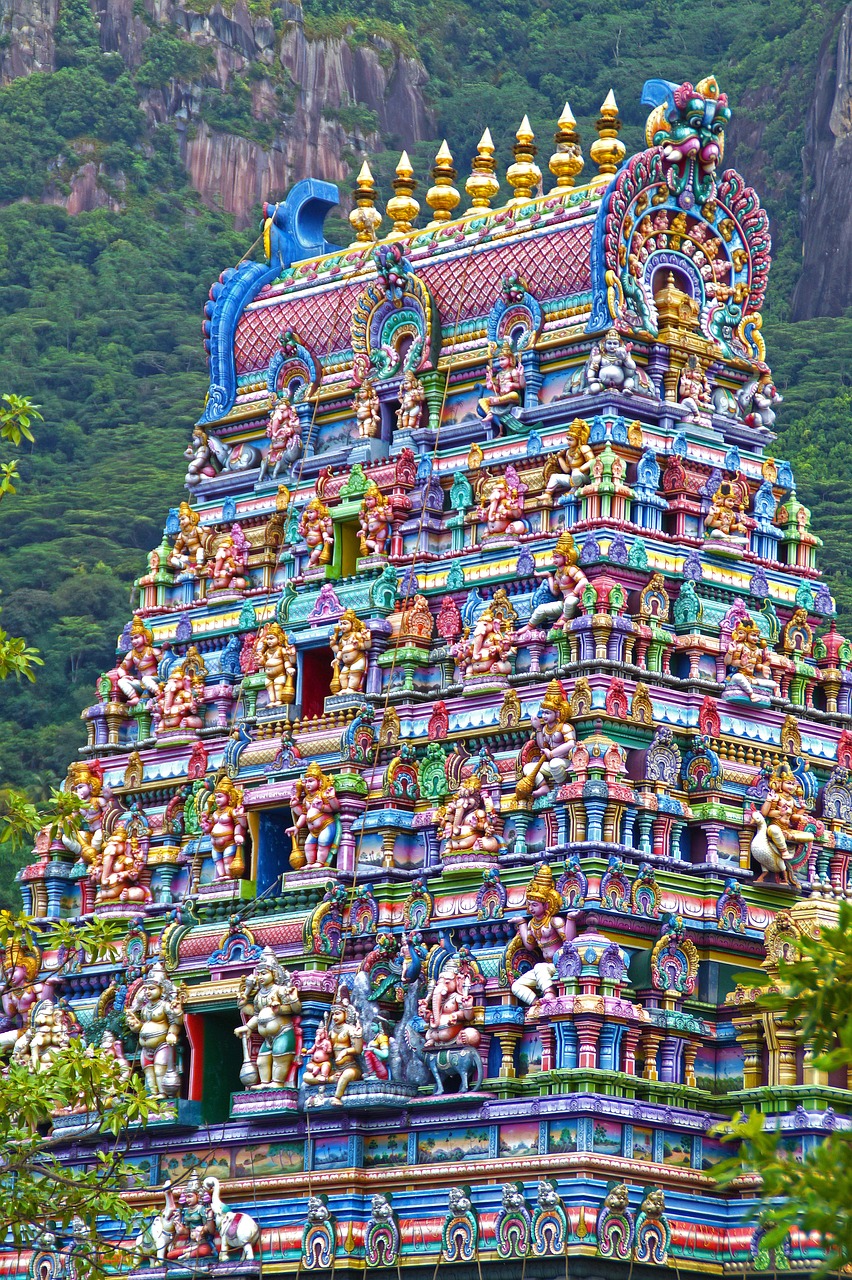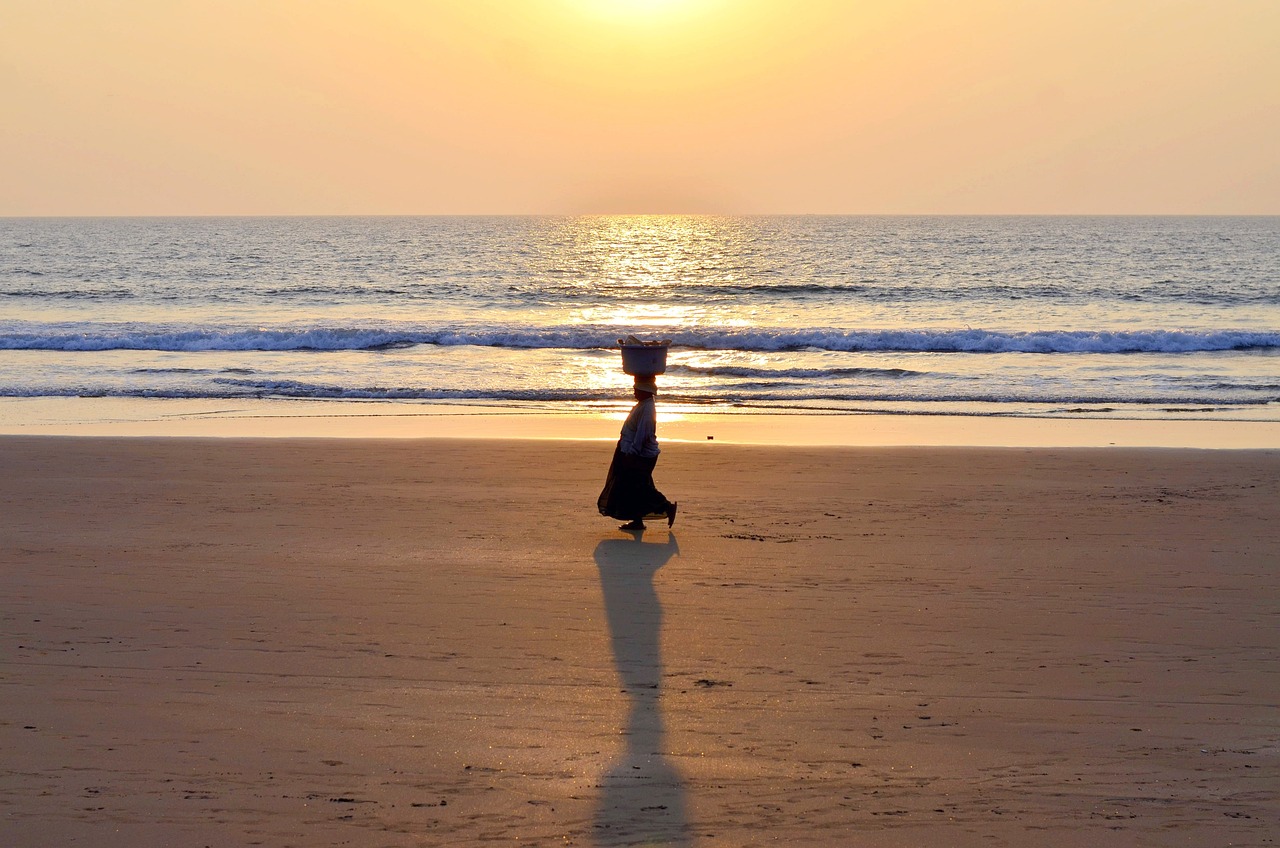Fugdi is a traditional folk dance performed in the Indian states of Goa and parts of Konkan. It is particularly popular among women and is associated with celebrations, festivals, and religious occasions. The dance reflects the rich cultural heritage of the region.
Key Features of Fugdi Dance
- Performance Context:
- Typically performed by women in groups during festivals like Ganesh Chaturthi or harvest celebrations.
- It is also a form of recreation for women after their daily chores or during leisure time in the monsoon season.
- Dance Formation:
- Women form circles or rows.
- They dance barefoot and maintain synchronization while performing rhythmic movements.
- Movements:
- The dance involves fast and energetic movements, including spinning and swaying.
- The tempo starts slow and gradually becomes faster.
- Participants clap, swirl, and use coordinated footwork.
- Accompaniment:
- Fugdi is typically performed without musical instruments.
- The rhythm is maintained through the clapping of hands, the stamping of feet, and the chants of “Fugdi-Fugdi” by the dancers themselves.
- Attire:
- Women wear traditional Goan sarees, often in vibrant colors, which allow for free movement.
Types of Fugdi
- Circle Fugdi:
- Women form a circle and perform the dance, spinning around each other.
- Row Fugdi:
- Dancers align in rows and perform synchronized movements.
- Kojagiri Fugdi:
- Performed during the Kojagiri Poornima (harvest moon) celebrations.
- Zagor Fugdi:
- Associated with religious festivals and involves storytelling elements.
Cultural Significance
- Expression of Joy:
- Fugdi symbolizes unity, joy, and the collective spirit of the community.
- Religious and Social Bonding:
- Often performed in temples or communal spaces, it fosters social and religious harmony.
- Preservation of Tradition:
- Passed down through generations, it keeps alive the rich traditions of Goa’s cultural heritage.
Modern Adaptations
- Fugdi is performed in cultural festivals and competitions to showcase Goan culture.
- It is promoted as part of India’s intangible cultural heritage and draws attention to the simplicity and vibrancy of traditional folk dances.
Fugdi dance, with its lively movements and cultural depth, is a testament to the spirit of Goan women and their connection to their roots. It is a celebration of life, community, and tradition.

